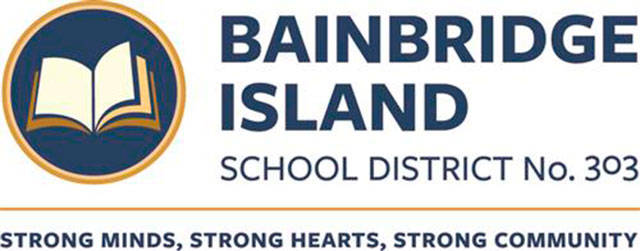Go around and it will come around.
Bainbridge city and school district officials may install cameras on school buses to bust motorists who drive past buses that are loading and unloading children.
Cameras would be placed on the “Stop Paddles” of several buses on routes where drivers are frequently reported driving past unloading or loading buses. The scofflaw-snapping strategy would be launched as a one-year test program.
The program uses cameras that are fitted with software to take pictures of drivers who don’t stop for school buses when they’re supposed to, and Bainbridge police expect to use the images captured by the Stop Paddle cameras to investigate and issue citations to offending drivers.
At its meeting this week, the Bainbridge Island City Council reviewed a proposed contract with the Bainbridge Island School District to start the test program.
The contract is not expected to have any effect on the city’s budget, but the financial impact of the program will be reviewed at the end of the test period.
Though motorists face a hefty fine if caught driving past a bus with a deployed Stop Paddle — $419 — the illegal practice has grown increasingly common on the island.
Last year, the number of drivers ignoring Stop Paddles on buses skyrocketed at the start of the school year.
Three weeks after the start of the 2018-19 school year, district officials said they had received a total of 37 reports of Stop Paddle violations — up from 19 during a similar time frame the previous year.
Drivers and bicyclists, however, ignore the “don’t pass” law throughout the school year, according to district officials.
In the 2017-18 school year, a total of 225 violations were reported (which included 180 drivers who didn’t stop, plus 45 bicycle riders who didn’t stop).
City officials said public school districts in Seattle, Mercer Island and Bellevue have similar programs, and added that Bainbridge school district officials will share information on the new camera system with students when they return to class in the fall.



